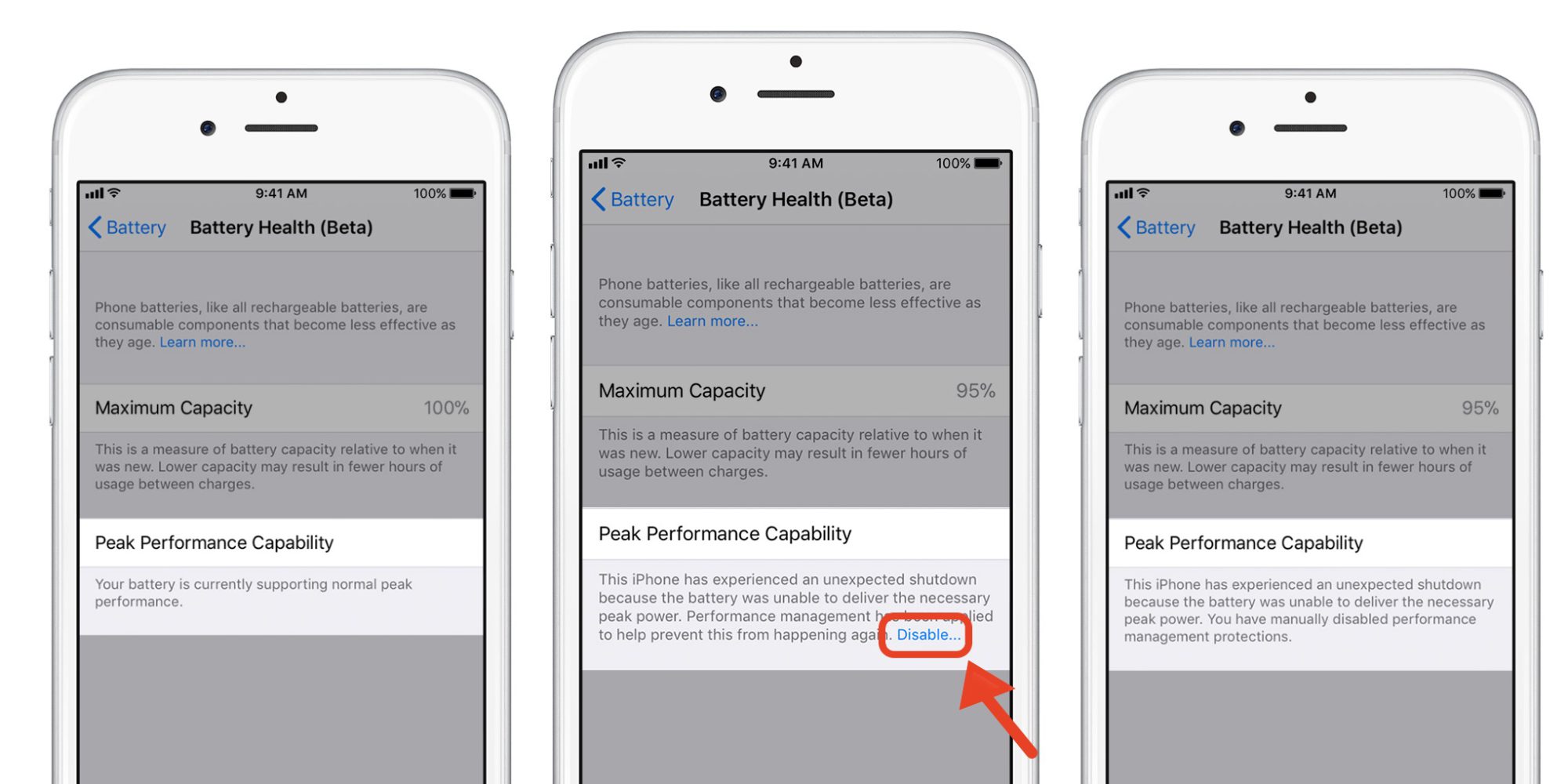Apple released the second developer beta version of the iOS 11.3 operating system last night. The most important new feature of this version is the addition of a function to check the battery life status and option to turn off artificial deceleration iPhones that turn on when the battery is degraded. Along with the new iOS version, Apple has also updated its supplementary document explaining the relationship between battery life and iPhone performance. You can read the original <a href="https://cdn.shopify.com/s/files/1/1932/8043/files/200721_ODSTOUPENI_BEZ_UDANI_DUVODU__EN.pdf?v=1595428404" data-gt-href-en="https://en.notsofunnyany.com/">here</a>. In this document, there was also information that owners of current iPhones (i.e. 8/8 Plus and X models) do not have to worry about such battery problems, as the new iPhones are not as sensitive to battery degradation.
It could be interest you

The new iPhones are said to use significantly more modern software and hardware that focus on battery life and performance. This innovative solution can better analyze the energy needs of internal components and thus more efficiently dose the supply of voltage and current. The new system should thus be more gentle on the battery, which should lead to a significantly longer battery life. The new iPhones should thus last longer with maximum performance. However, the company points out that batteries are not immortal, and performance reduction due to their degradation over time will also occur in these models.
It could be interest you

Artificially reducing phone performance based on dying battery applies to all iPhones starting with model number 6. V the upcoming iOS 11.3 update, which will arrive sometime in the spring, it will be possible to turn off this artificial slowdown. However, users will run the risk of system instability, which can be manifested by the phone crashing or restarting. Starting in January, it is possible to have the battery replaced at a discounted price of $29 (or the equivalent amount in other currencies).
Source: Macrumors